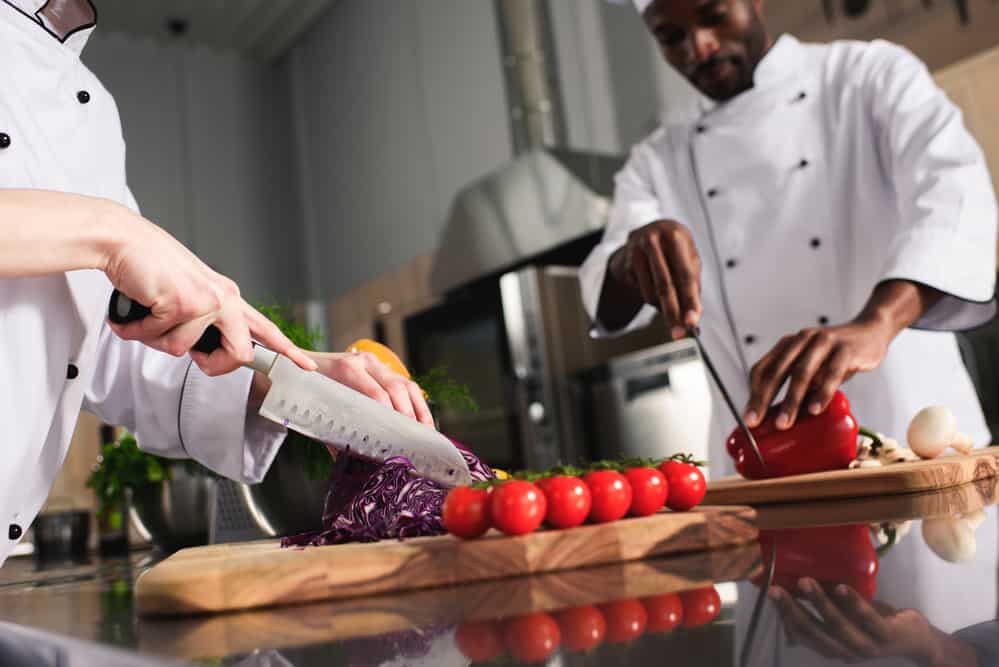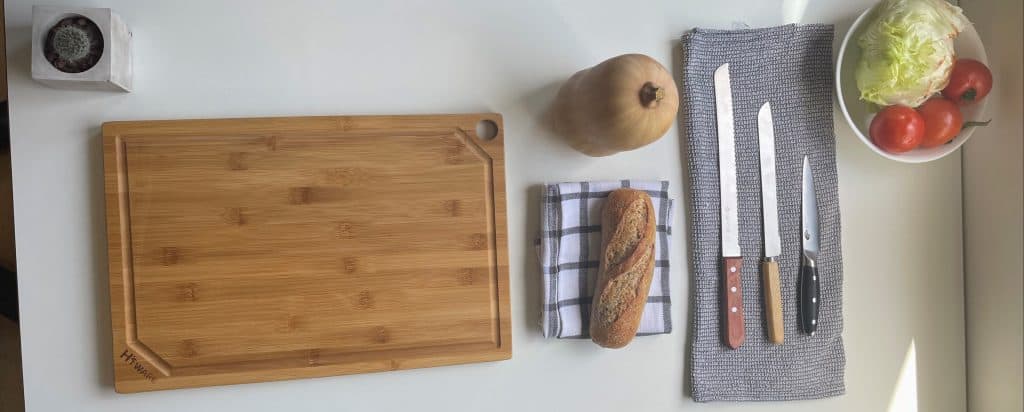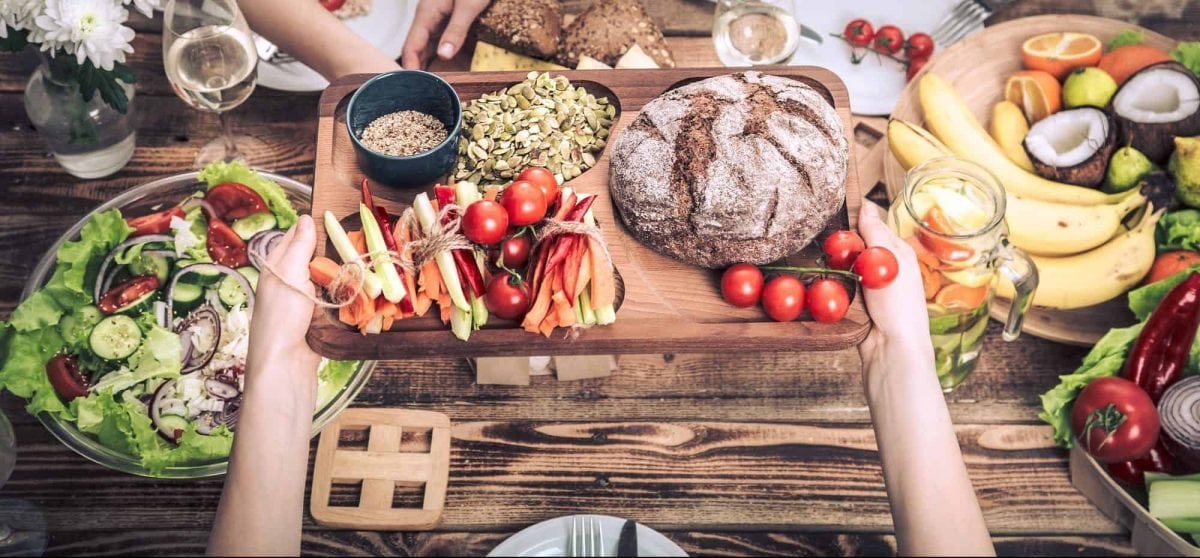For many people, cooking is a chore in which they take little to no pleasure. Even for those who love cooking, meal preparation is often a rushed experience since the hectic daily routine makes it difficult to enjoy this activity.
However, mindfulness practice can help you turn cooking into an opportunity to focus your attention on the present. Bringing your consciousness to the here and now while cooking can help increase awareness of your thoughts and feelings, tune into your inner world, and gain many other benefits of meditation.
The beauty of mindfulness is that it can be incorporated into ordinary tasks such as cooking and food preparation. For example, you can practice mindfulness while chopping your vegetables, stirring soup, or waiting for your pasta water to boil.
But what exactly is mindfulness?
What is Mindfulness
Mindfulness can be described as the ability to be present at the moment and observe your thoughts without judgment. You can learn and practice this skill by bringing mindfulness into your daily activities, such as food preparation.
The advantages of mindfulness are experimentally verified by research.
According to studies, mindfulness can improve your sense of well-being by:
- Helping you manage rumination
- Reducing stress and anxiety
- Increasing relaxation
- Reducing symptoms of depression
- Increasing happiness and inspiring gratitude
- Enhancing cognitive flexibility, working memory, and focus
- Boosting self-esteem
- Improving sleep
- Improving emotional control
- Improving relationships
- Lowering blood pressure
- Improving sleep patterns
- Reducing chronic pain
What is Mindful Cooking
Meditation experts say that mindful cooking is a way to focus attention on the present moment while preparing a meal. This means being fully aware of the sights, smells, textures, and other sensations around you.
Because we live such hectic lives, many of us rush through meal preparation and cooking, taking little to no joy in it. However, cooking can be an excellent opportunity to anchor your mind, indulge in the moment, and turn inward.

Mindful Cooking Benefits
Turning your everyday cooking chore into a mindfulness practice can help you slow down, pace yourself, and feel grateful for the food you eat and the ability to prepare a healthy meal for yourself and your family.
Mindful cooking is also a chance to become more aware of what you are cooking and eating. This knowledge can help you choose healthier foods and improve your physical and mental health through good nutrition.
How to Practice Mindful Cooking
There are several ways to make cooking a contemplative experience. Here are a few ideas to get you started.
1. Preparing Meals with Mindful Awareness
Cooking mindfully brings you into the present moment, which can keep you from ruminating and help you let go of negative thoughts that make you anxious.
There is a deep awareness of every detail of the cooking experience during conscious cooking. You pay attention to everything you see, hear, smell, and feel while cooking, but you don’t evaluate or judge what you do.
Following the meal preparation, you might create a journal entry in which you reflect on your thoughts and feelings while you cook a meal.
2. Mindfulness Meditation with Tea
Brewing and drinking a cup of warm tea can be an excellent way to get in touch with your inner being.
Taking the time to prepare and consume a cup of tea can be a perfect contemplative pause during the day. It can help calm your mind, tune into the present moment, reduce stress, and relax.
While preparing your morning cup of tea, pay attention to every step of the process, from choosing your mug and tea to taking mindful sips of freshly brewed tea.

3. Mindful Meals for the Whole Family
Mindfulness can enhance family mealtimes and help your family appreciate the time you share. Turn off your phones to minimize distraction and enjoy family meals mindfully. Share your day’s intentions at breakfast, or have each family count their blessings at dinner.
Mindful Kitchen Organization
Mindful kitchen organization can save you time, energy, and money. An organized kitchen means less time wasted looking for things, no wasted money on the stuff you don’t need, and more conscious choices when it comes to food.
To organize your kitchen mindfully:
- Keep only daily used knives and other items on your worktop
- Divide the cupboards by areas (e.g., knives cupboard, cups cupboard, spices cupboard, etc.)
- Declutter your pantry
- Label your kitchen containers
- Keep your kitchen clean and well-organized

Summary
Mindful cooking may teach us that meal preparation can be nearly meditative, helping us learn to slow down and pace ourselves, appreciate the food we eat and feel calmer and more relaxed.
So, if you know how to cook mindfully, you can take the process of food preparation to another level, turning it into a meditative experience with several benefits.




Post Your Thoughts